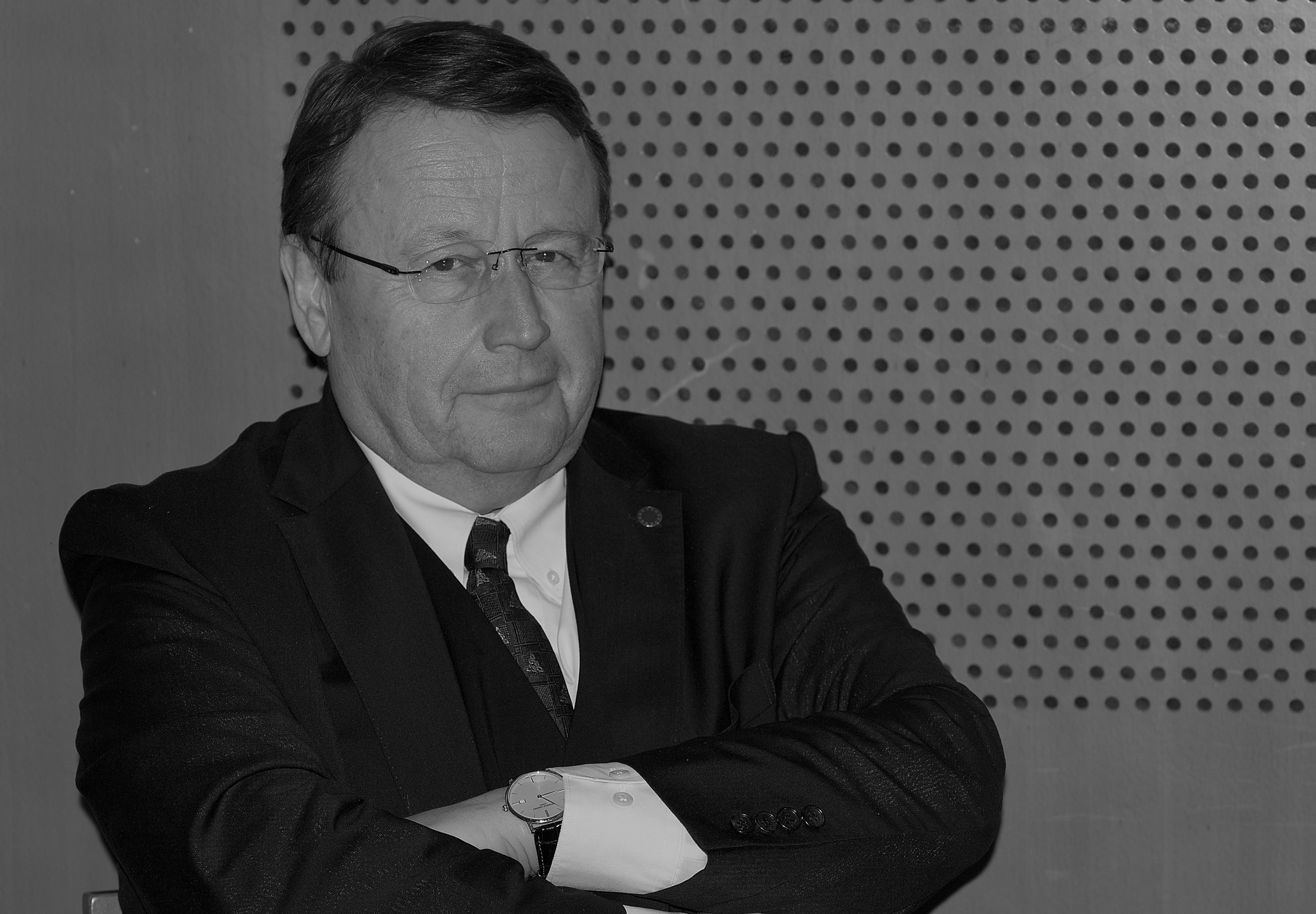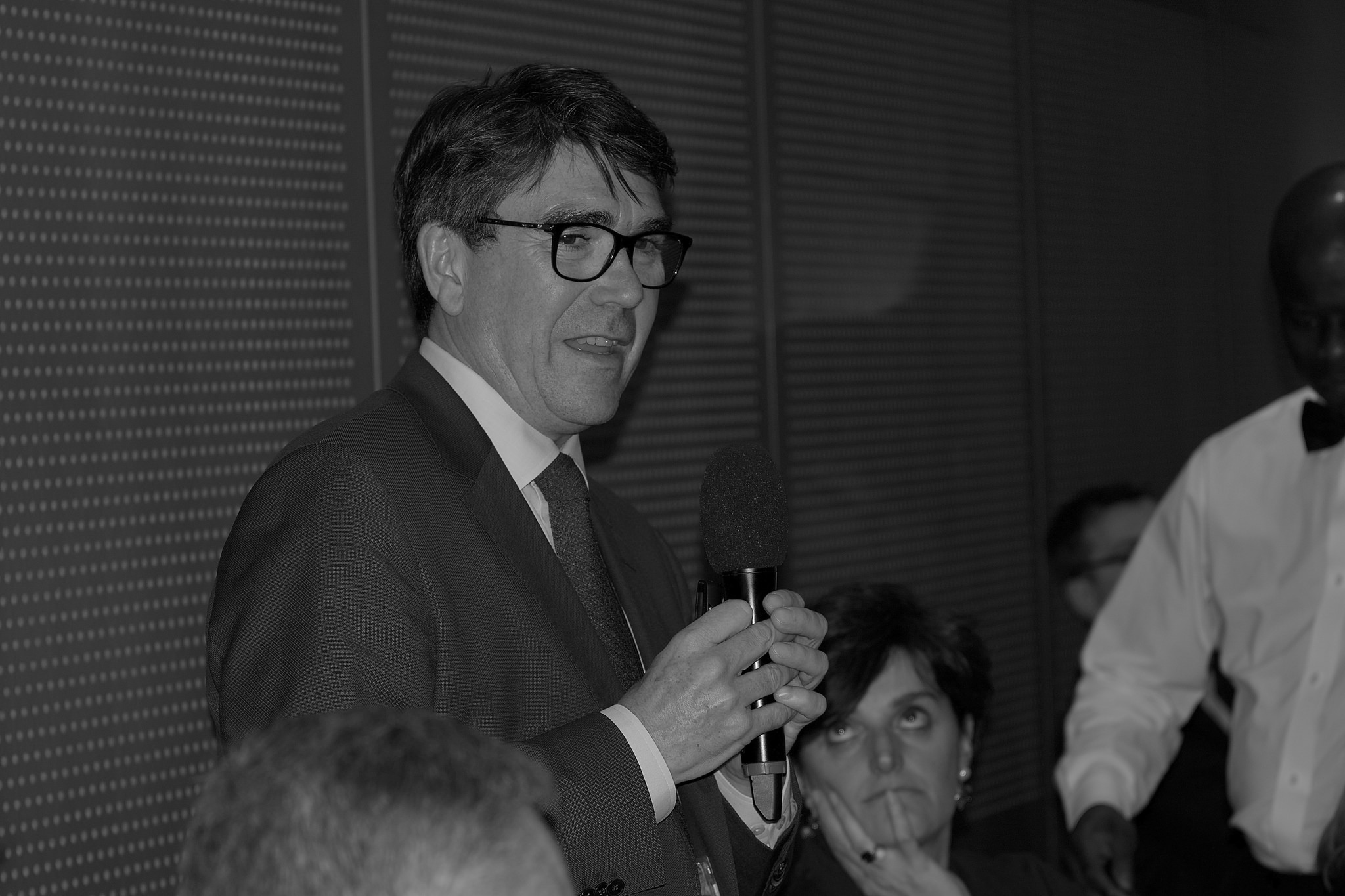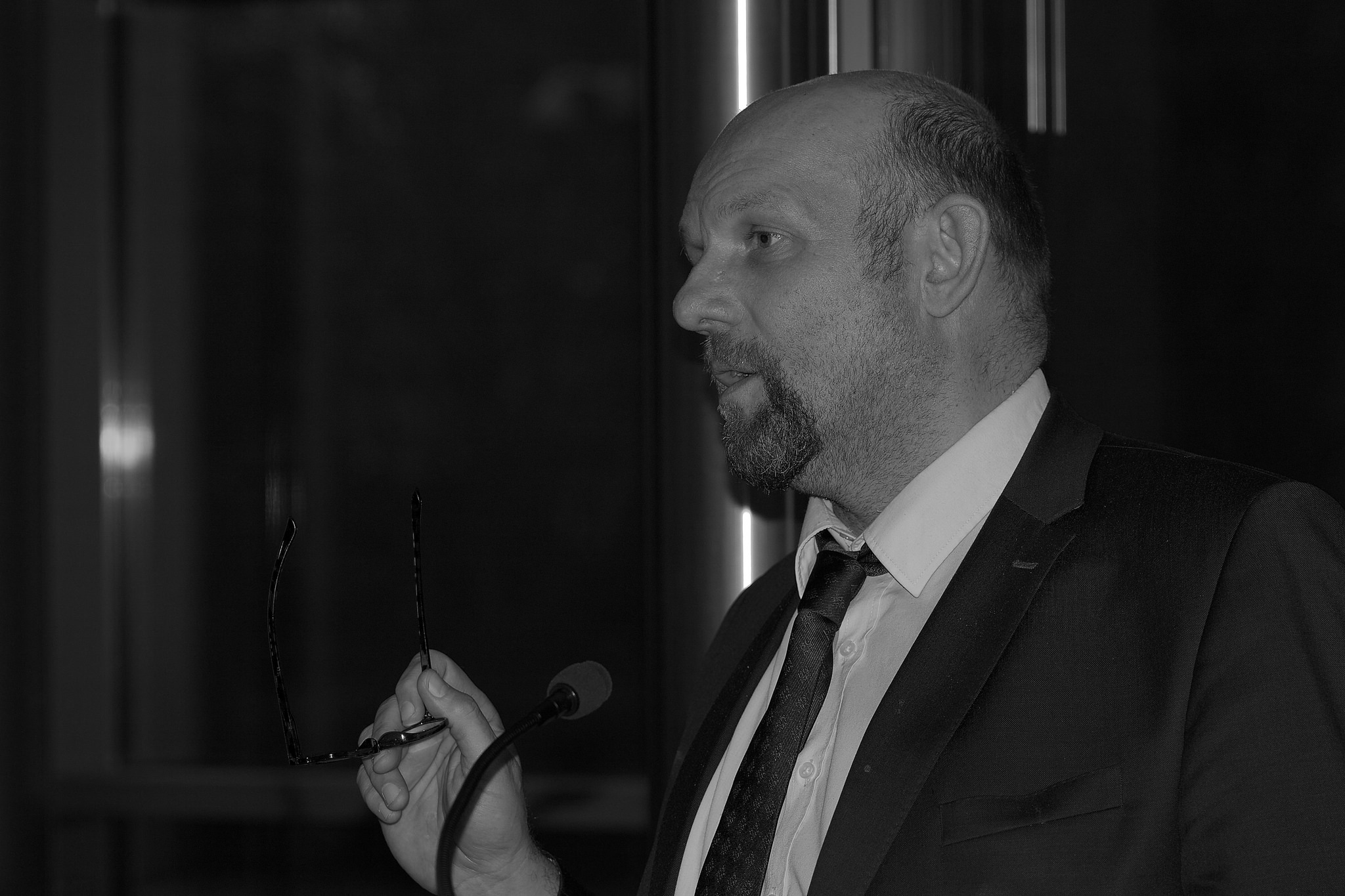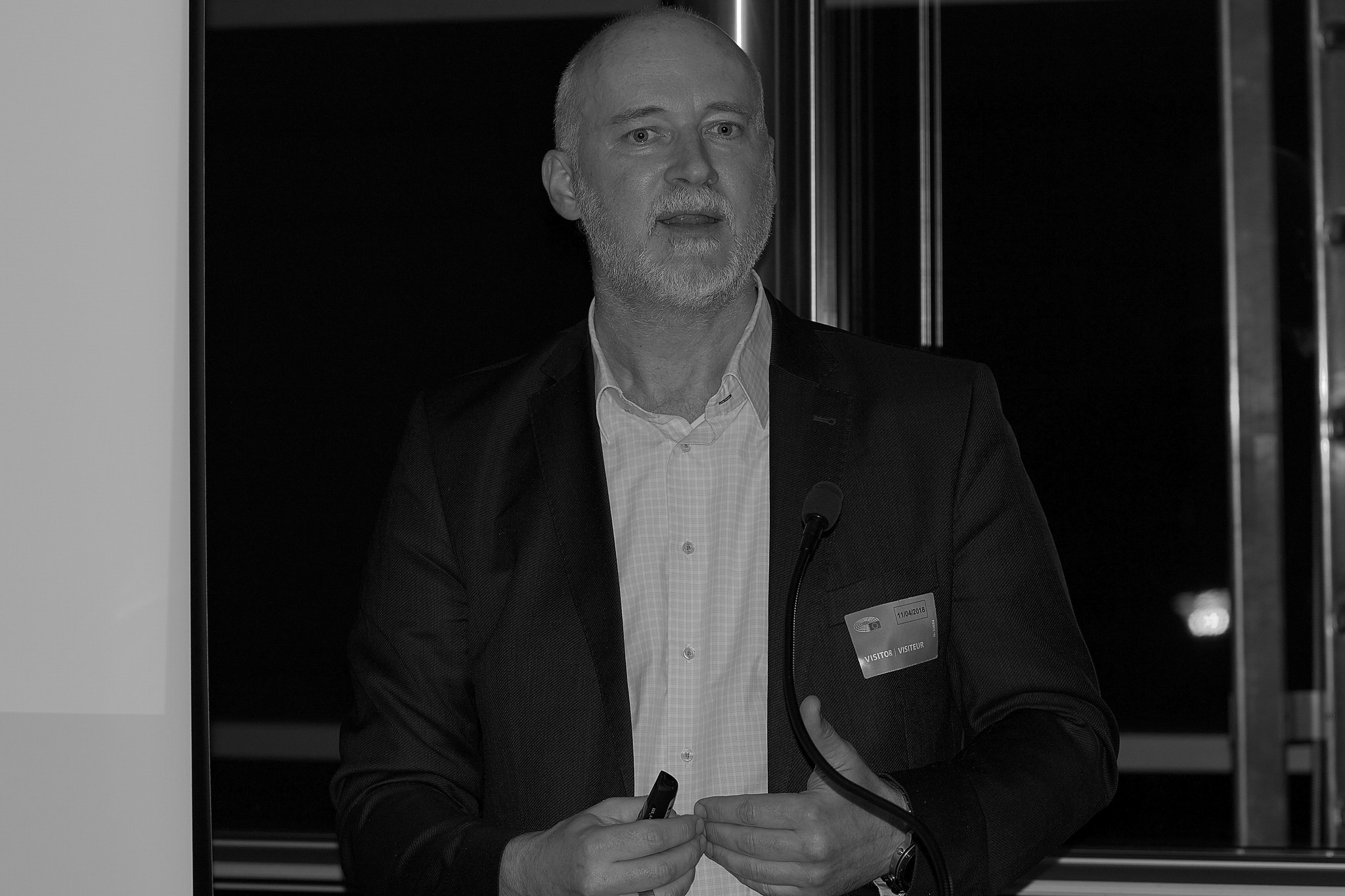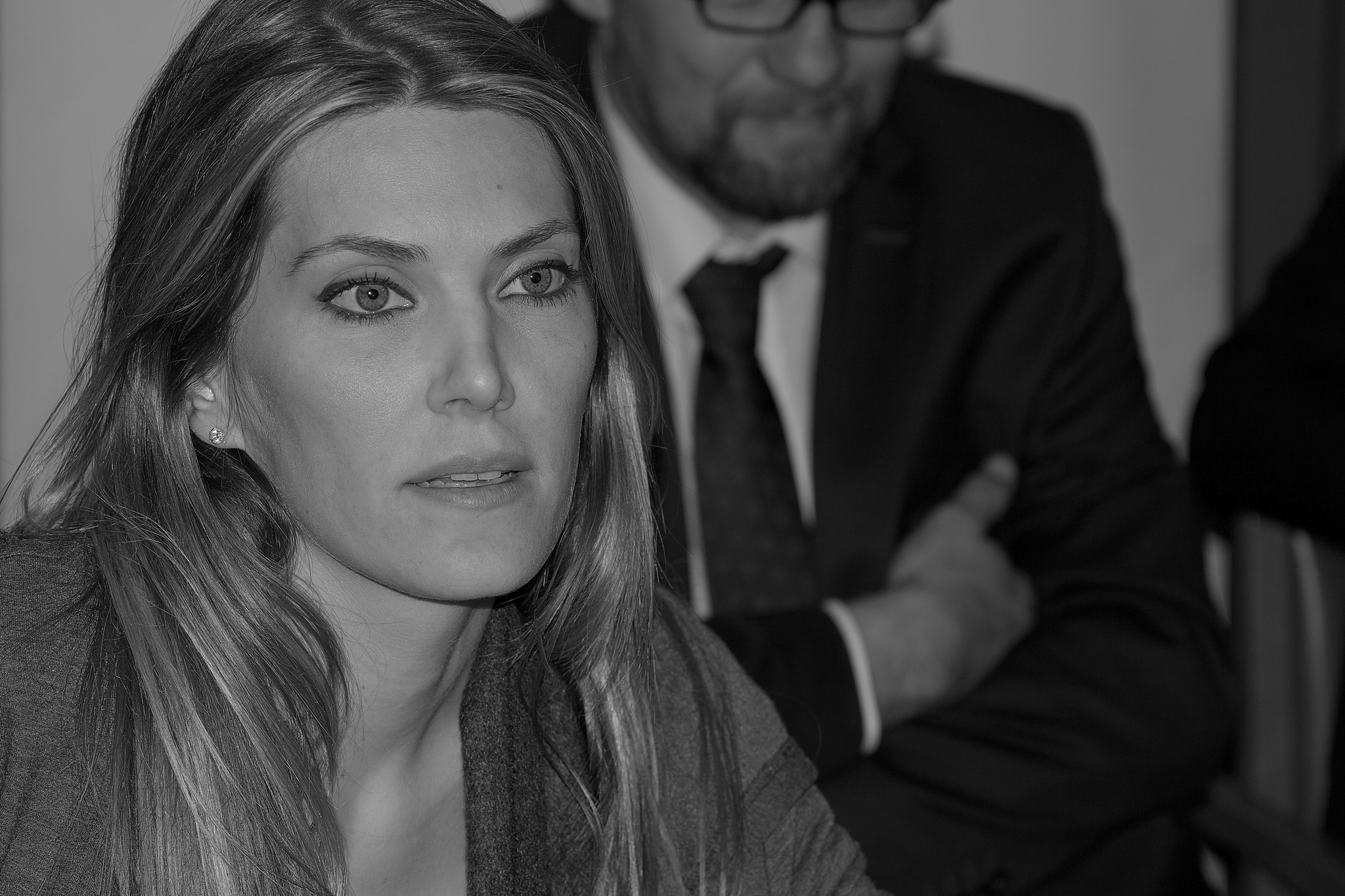The Future of Medicine: Promoting an Innovative Ecosystem to Position European Biotech SMEs at the Forefront of Cutting-Edge Science
On April 11th SME Europe hosted a working dinner in cooperation with EuropaBio. The topic discussed was “The Future of Medicine: Promoting an Innovative Ecosystem to Position European Biotech SMEs at the Forefront of Cutting-Edge Science”. The importance of this event was increased by the participation of Dr. Paul RÜBIG MEP, Committee on Industry, Research and Energy and Honourable President of SME Europe, John BRENNAN, Secretary General of the European Association for Bioindustries (EuropaBio), Jean-David MALO, Director for Directorate B – Open Innovation and Open Science, DG Research and Innovation of the European Commission, Dr. Will BROOKS, Managing Partner at Chardon Consulting, Pedro VELASCO MARTINS, Cabinet Member of European Commissioner Cecilia Malmström, responsible for jobs, growth, investment & competitiveness, Erwin BLOMSMA, Chairman, FlandersBio, Eva KAILI MEP, Chair of Science and Technology Options Assessment (STOA), Member of the Committee on Industry, Research and Energy.
Dr. Paul Rübig opened the event by pointing out the importance of cooperation between policy makers, science and SMEs. With new technology and innovation, new opportunities, but also new challenges arise. Through a dialogue, constant improvement can be accomplished. He carried on by talking about the importance of patents, licensing and intellectual property. Further digitalization will make these issues even more relevant for SME’s. Dr. Rübig ended his opening statement by demanding higher investment in science and research from the political side.
John Brennan started his talk by talking about the multi-dimensional value of biotech. By helping the patients to overcame an illness, biotech creates a value chain that positively effects the individual, the society and the economy. Mr. Brennan sees the future of medicine in biotech. Biotech allows to create a medical product, that is designed based on the genetic make up of an individual. Which is much more effective than to traditional medicine. Currently 30 million Europeans are benefiting of biotech and 200 billion Euros are being invested in this new innovative field. At the end of his talk, Mr. Brennan focused on the problems SME’s are facing, when they are developing a new product. A big concern here is the long time before a product hits the market and the patent issues regarding to this. On average it takes 11 years to launch a product. During this time a company is pre-profit. To make sure it will become profitable, patent issues need to be aligned with the long developing time.
Jean-David Malo addressed the issue from the point of view of the European Commission. Looking backwards, it’s fair to say, that Europe lacked behind to create a start-up growing environment. Looking forwards, new markets and growth are in field of I-Tech and Deep-Tech. Here, the European market has already a competitive advantage. However, to become the leader in this promising sector, Europe needs to provide more support to SMEs. This can be through cooperation, but also through better access to financial capital. Annually, more Start-Ups are created in Europe than in the United States. However, most Start-Ups cannot properly grow, because of lack of capital. Carrying on his talk, Mr. Malo said “Europe is good in creating knowledge, but bad in creating money”. Focusing on advancing the access of financial capital, Europe has the ability to become the hub for I-Tech and Deep-Tech in the near future. And because SMEs are the job creating force in the European economy, this will increase prosperity for the whole European Union.
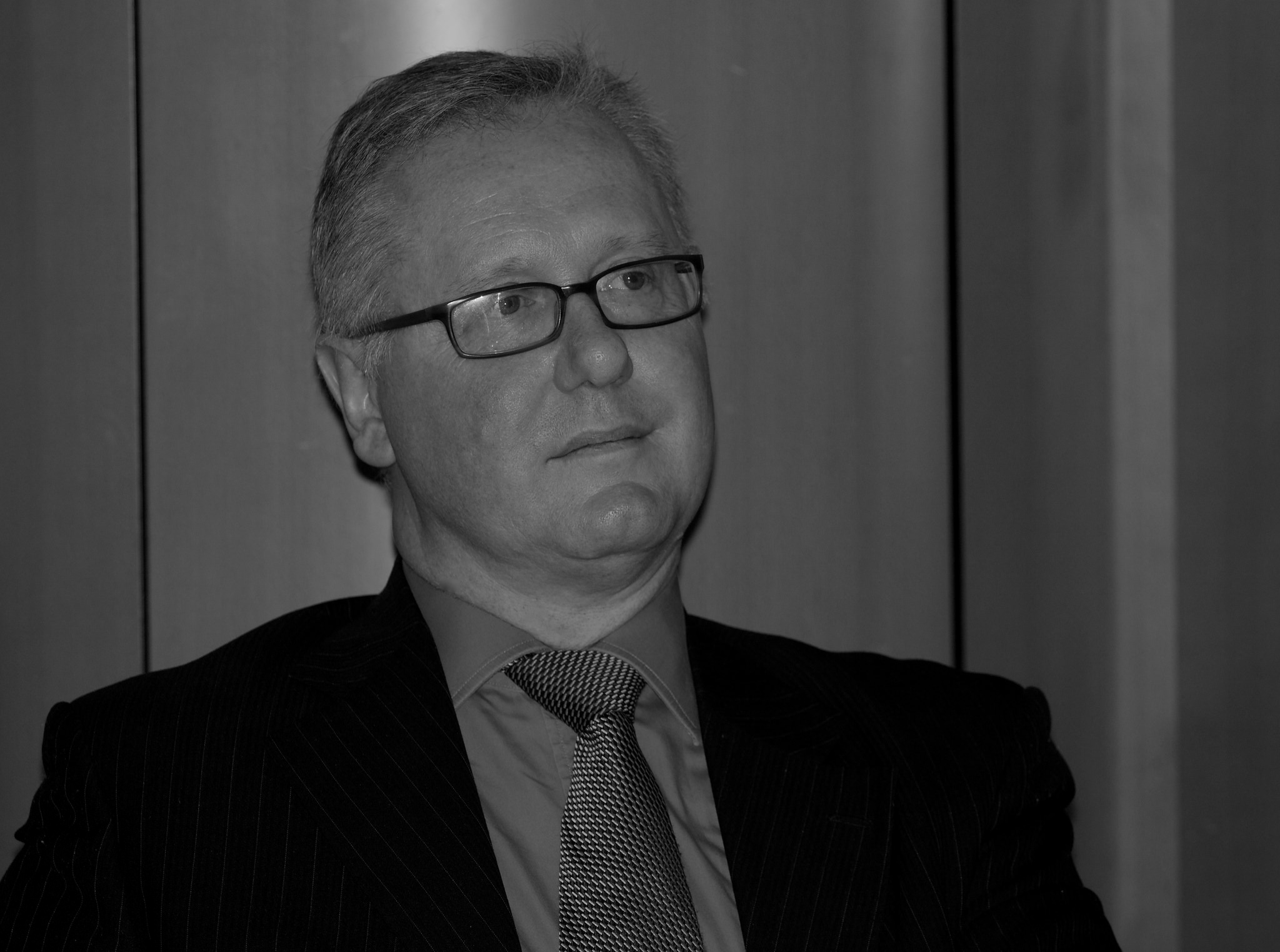
In his professional years Dr. Will Brooks has gathered a great amount of experience in the fields of investment, running and creating biotech SMEs. According to him, SMEs creating cutting edge technology leave the EU towards the USA, because more capital is available there. SMEs also go bankrupt, because of the lack of capital. To counter this, the access to financial capital needs to improve and policy maker need to help to enhance, weaker regions inside of the EU. Regional funds are not effective enough by supporting companies with outstanding ideas and technology. The second topic he covered was the effect of BREXIT on SMEs. Dr. Brooks pointed out the importance of Great Britain in the field of investment and research. To ensure the constant progress of SMEs in Great Britain the European Union in the field of biotech, significant efforts need to be made to provide a future flourishing cooperation.
In his speech, Pedro Velasco Martins focused on the importance of free trade and intellectual property. Due to the fact, that markets and supply chain are becoming more international day by day, the access to markets needs to be changed recording to this. Justified regulations need to be adjusted and fake regulations need to eliminated. Furthermore, Mr. Velasco Martins pointed out the advancement the EU has made in the protection of intellectual property. He talked about the progress that was made regarding trade secrets and forced technology transfer. An example he mentioned was the help desk for SMEs, in case of violation of intellectual property protection.
Erwin Blomsma talked about the specific circumstances and challenges of the creation of biotech. He started off pointing out the good development European Biotech SMEs have made in the last years. Foreign Direct Investment from the United States was increased by 75% and the market capitalization has almost doubled. Issuing the challenges, Mr. Blomsma stated, that the development and final approval of a drug takes 11 years on average. However, the product does not hit the market with full speed, which with the current European patent law, means that some companies see only 60-80 % return of investment, before the patent expires. Biotech SMEs develop the medicine of tomorrow. For this they need a high amount of capital. Raising capital in the early stages is not the big problem. The problems evolve with need of bigger amounts of capital. Raising high amounts in Europe is difficult, which lead a lot of biotech SMEs to move to the USA.
The working dinner was closed by remarks of the Chair of Science and Technology Options Assessment, Eva Kaili MEP. She talked about the issues of biotech SMEs leaving Europe because of the lack of capital. Mrs. Kaili stated her support for a better framework in this area. She also pointed out the good data protection regulations in Europe and the development towards a single European digital market. Even dough Europe lacks in some areas, it is an attractive place for innovation and the European Union needs to ensure, that no disruption of innovation takes place.
To view and download the photographs from the Event follow the link

